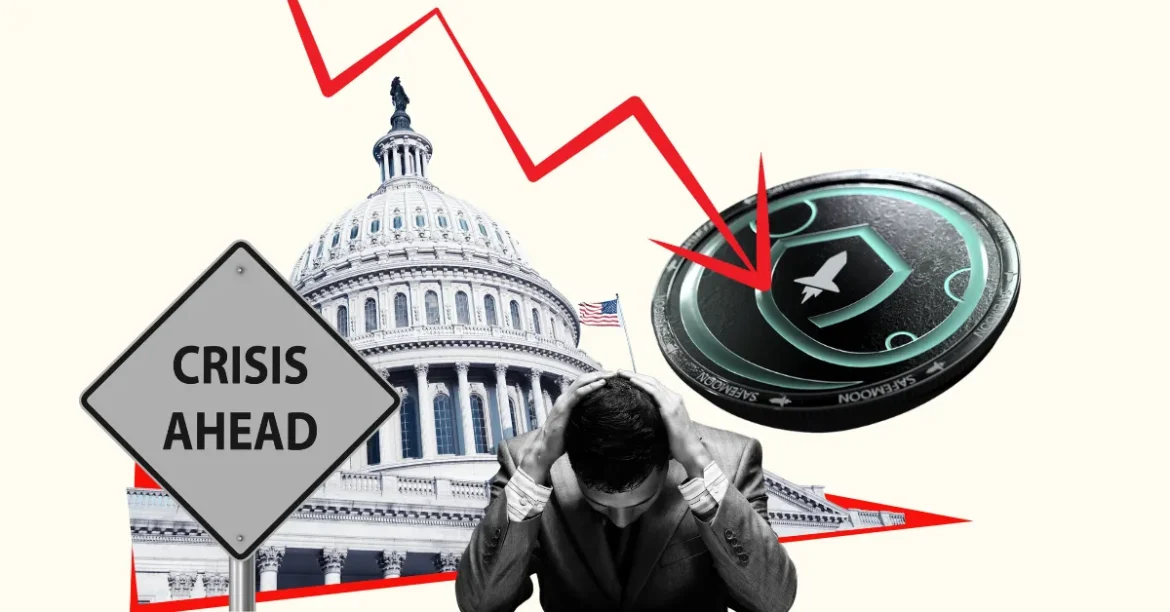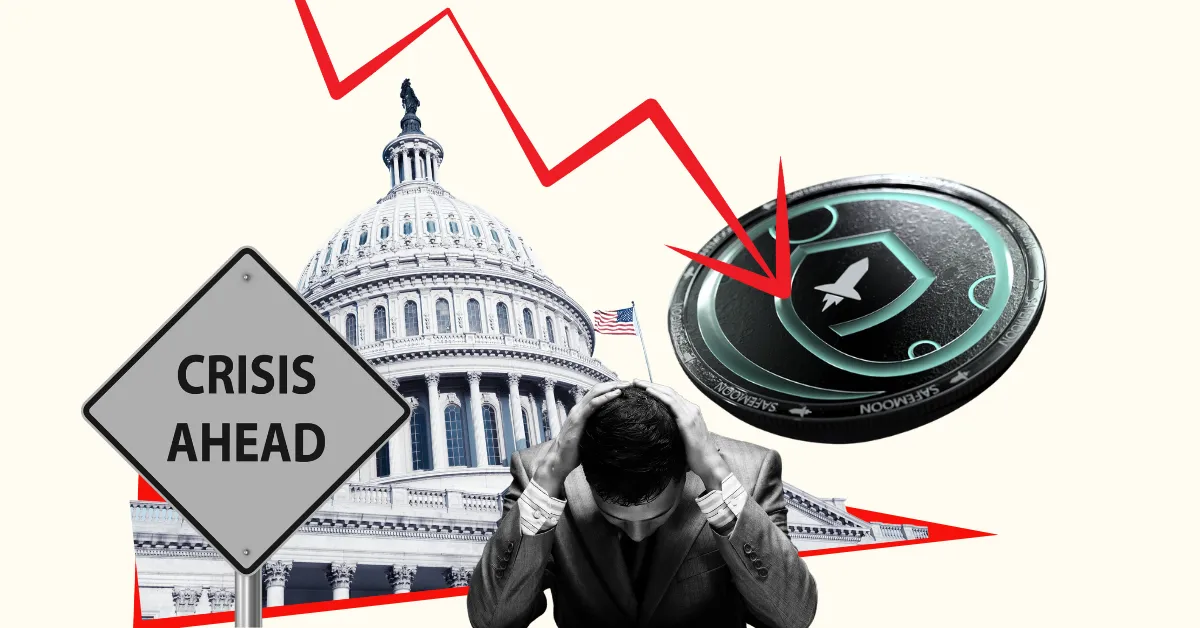Conviction of Former SafeMoon CEO: A Closer Look at Fraud, Wire Fraud, and Money Laundering Charges
The cryptocurrency landscape was rocked recently when a New York jury convicted Braden John Karony, the former CEO of SafeMoon, on all counts related to serious financial crimes. This verdict came after a swift jury deliberation of less than a day in the U.S. District Court for the Eastern District of New York. The conviction sends a strong message about accountability in the decentralized finance (DeFi) sector, spotlighting the legal ramifications of exploiting investors in digital asset projects.
Background: The Rise and Fall of SafeMoon and Its Leadership
SafeMoon, a digital asset project positioned within the DeFi space, attracted considerable hype with promises of revolutionizing the crypto market and generating impressive returns for its holders. However, its trajectory took a dark turn as allegations surfaced involving the misappropriation of investor funds and deceitful practices.
Braden John Karony, once the CEO, alongside other executives including Kyle Nagy and Thomas Smith, were indicted for roles in orchestrating a broad fraud scheme involving securities fraud, wire fraud, and money laundering. This indictment was unsealed in a federal court in Brooklyn, highlighting conspiratorial activity aimed at defrauding investors through misrepresentations associated with SafeMoon’s operations.
The Charges and Legal Proceedings
Karony faced a three-count indictment alleging:
– Conspiracy to commit securities fraud: Misleading investors about the nature and value of SafeMoon securities.
– Wire fraud: Using electronic communications to execute the fraudulent scheme.
– Money laundering conspiracy: Disguising the origins and movements of illicit funds obtained through the fraudulent activities.
During the 12-day federal trial, prosecutors detailed how Karony and his co-conspirators manipulated SafeMoon’s decentralized finance platform to loot over $40 million from investors, undermining the trust placed in the cryptocurrency project. Despite Karony’s claims of innocence and attempts to shift blame onto SafeMoon’s founder, the jury found him guilty on all charges.
Implications for the Cryptocurrency Community and Regulatory Landscape
The conviction of Karony serves as a sobering reminder that decentralization does not equate to immunity from legal and regulatory oversight. The crypto industry, especially emergent sectors such as DeFi, remains vulnerable to fraudulent actors exploiting gaps in investor knowledge and regulatory boundaries.
Investors, often enticed by the promise of quick returns, can become victims of schemes masquerading as innovative financial products. This case elucidates how federal authorities are intensifying scrutiny to protect the public and maintain market integrity.
Moreover, Karony faces up to 45 years in prison, emphasizing the severity with which courts treat breaches of trust and financial crimes in crypto ventures. Other executives tied to SafeMoon are also under investigation or trial, signaling ongoing crackdowns.
Lessons Learned and Future Outlook
This landmark conviction reinforces the importance of transparency, accountability, and due diligence in the cryptocurrency domain. For entrepreneurs and investors alike, it exemplifies the consequences of unethical behavior and fraud, even in sectors often romantically viewed as frontier technologies free from traditional constraints.
As regulatory agencies sharpen their focus on digital asset projects, market participants must prioritize compliance and ethical standards to sustain the credibility and growth potential of the crypto economy. Projects that engage in misleading practices risk severe penalties and damage to the broader ecosystem’s reputation.
Conclusion: A Turning Point for Crypto Accountability
The guilty verdict against Braden John Karony marks a pivotal moment in the quest to hold crypto executives accountable for financial crimes. It draws a line underscoring that legal systems will not tolerate manipulation or exploitation, even within decentralized finance.
In a rapidly evolving sector where innovation meets investor enthusiasm, this case stands as a cautionary tale. It challenges all stakeholders to champion transparency and integrity, ensuring that the promise of blockchain technology is not eclipsed by fraudulent schemes and lost trust. The conviction is not just a legal milestone—it is a clarion call for responsibility in the future of finance.





